Should Rick Wagoner have spent a little more time in Europe?

Four years ago, in a sun-drenched stretch of the French countryside, General Motors' CEO chose a gorgeous setting near Fayence to unveil the automaker's future strategy to the world's journalists.
GM called it a Global Product Seminar, but Europe was clearly on everyone's mind.
There were new Corsas, new Astras, new small Chevys, new diesels and new plans for GM to stake its claim as an international powerhouse.
A barrel of oil was less than $40. Gasoline was about $2.00 a gallon. Full-size trucks and SUVs were delivering barrels of cash.
Would North America need the small stuff? Nah. Not invented in America. Not necessary in America, Wagoner's team seemed to say.
Oops!
Hindsight is better at $4.00 a gallon.
Earlier this month, sales of new cars and trucks in America plunged to their lowest level in more than a decade. Car companies (read: GM) cannot meet the surging demand for those pint-sized European cars that are small and fuel-efficient.
The downturn is drastic: GM is burning cash at an alarming rate; its shares are at a level not seen since the 1950s; and its market capitalization has dropped to $6 billion -- or less than Starbucks.
As the French say: Mauvais.
Four years later, it's obvious GM didn't spend enough time driving around the French countryside.
"What if ..." was never part of the equation.
European fuel prices have always been the stuff of legend in America. But long ago European carmakers looked at their product portfolio and asked a simple question: Is the car too big?
In America it was never big enough.
GM Europe has figured out a formula to make small cars and make money. But something got lost in the overseas connection.
It's simple: GM is suffering today because it is not offering what Americans want. It misread its domestic market and didn't listen to its global brethren which had the answer in the house.
Yes, GM followed through on its plan to bring the Astra, Sky and Aura to the U.S. badged as Saturns. But the overpriced Astra didn't mesh with the image of a Saturn; it was too upmarket and the leap has proven too large for the consumer.
GM's cautious approach and don't-stick-my-neck-out attitude on other European products meant GM didn't have an answer when the price of gas continued to climb.
Besides the Aveo, where are the small Chevrolets which are so successful in Europe? Where is the Opel Meriva, Agila, Zafaria or Astra Caravan? Where is the plan for diesels?
I understand there were union issues to consider. And dollar-Euro exchange rates have been abysmal for American business. But, even four years ago, the plan should have included a little more product development that had a European business model in mind as gas rose to that $2.00 level.
Look around and the competition is cranking up their small-car engines and seeing the benefits of the change. Toyota, Honda, Nissan, Suzuki and Mazda are meeting rising gasoline prices. Hyundai and Kia aren't far behind.
Look around GM and the expertise is all there. At GM do Brazil, there is proof that GM can make small vehicles as well as anyone. Same is true in Europe.
But there is an American mindset that continues to believe no one will buy those cars and a union mentality that objects to non-union vehicles infiltrating these shores.
Meanwhile, union jobs are being cut anyway and GM continues to slide.
The scary thing to consider is what's to come. Next year things will look even more drastic as GM's mixed-up, reworked product lineup sits on dealer lots. And sits.
GM Europe is well-positioned for the increase in fuel prices (yes, they are rising here in Europe as well). Maybe it would have made sense to take a cue from their own guys by preparing for doomsday a little earlier.
You know, just in case.


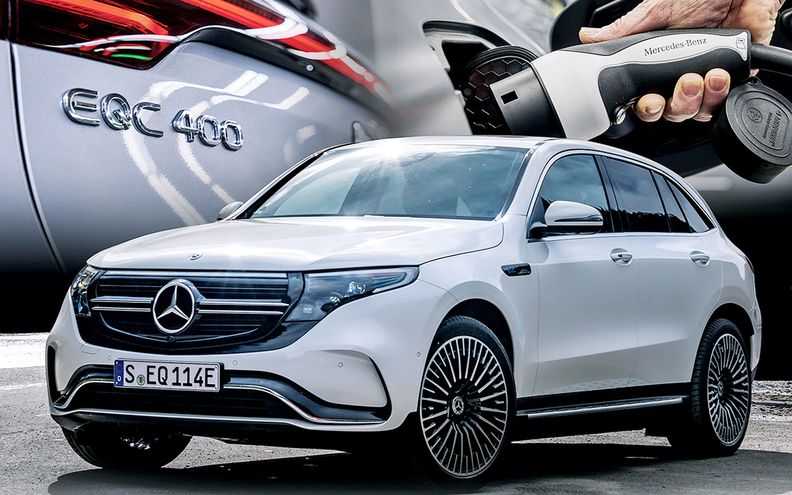


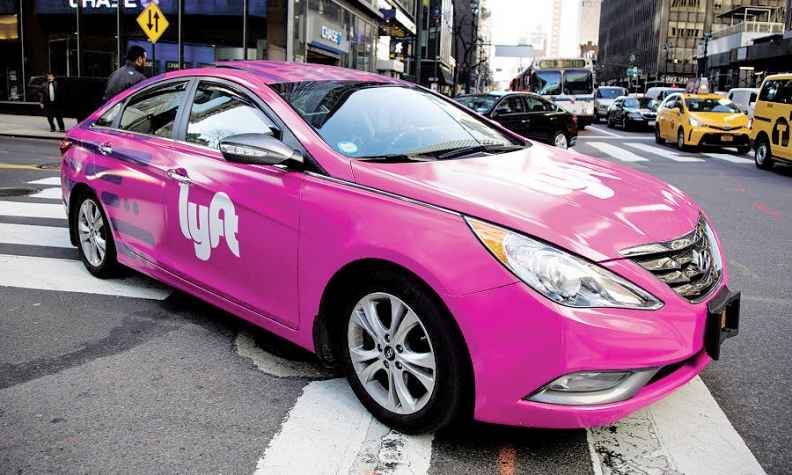
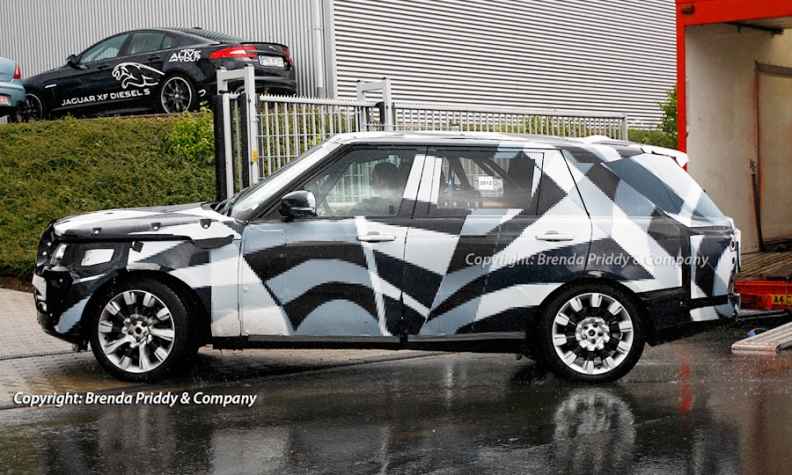
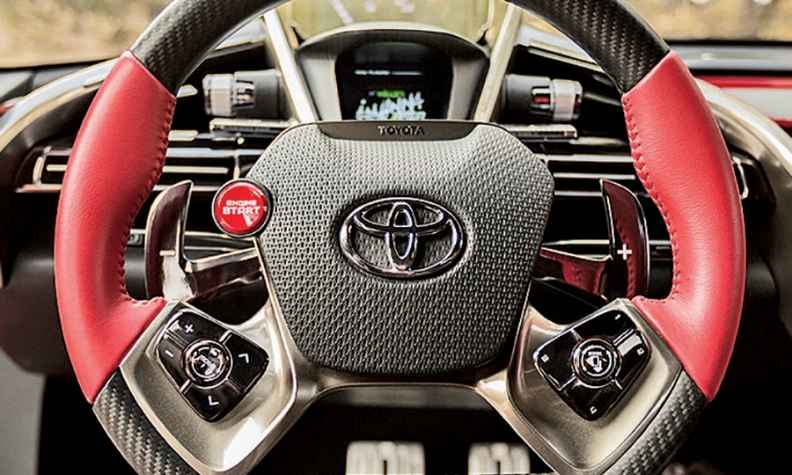
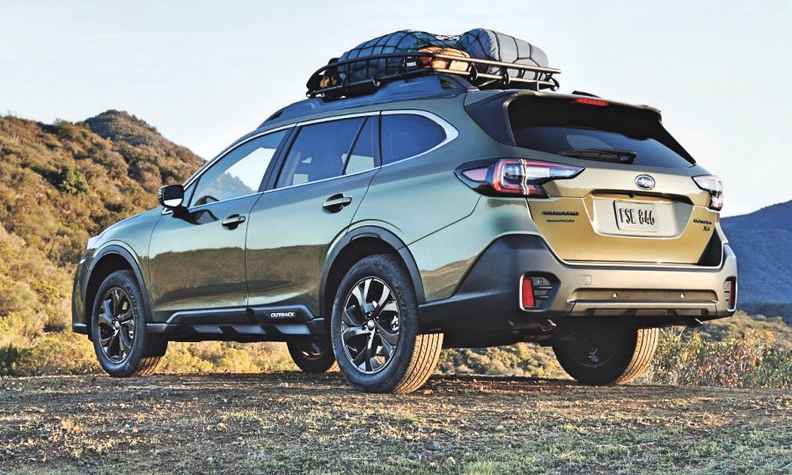
Post your comment